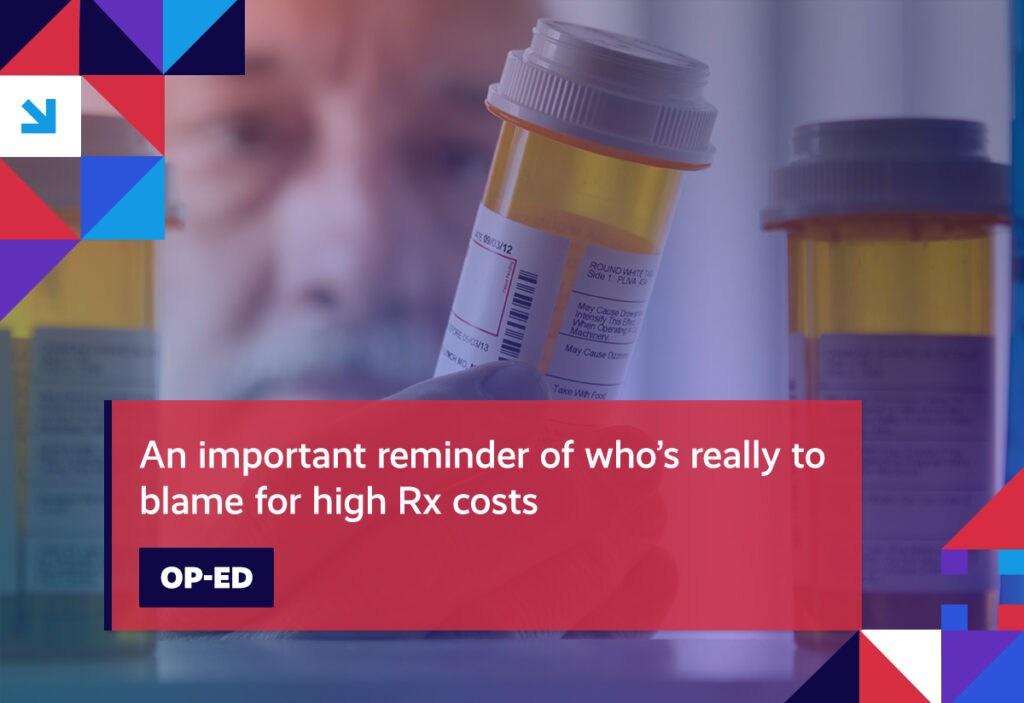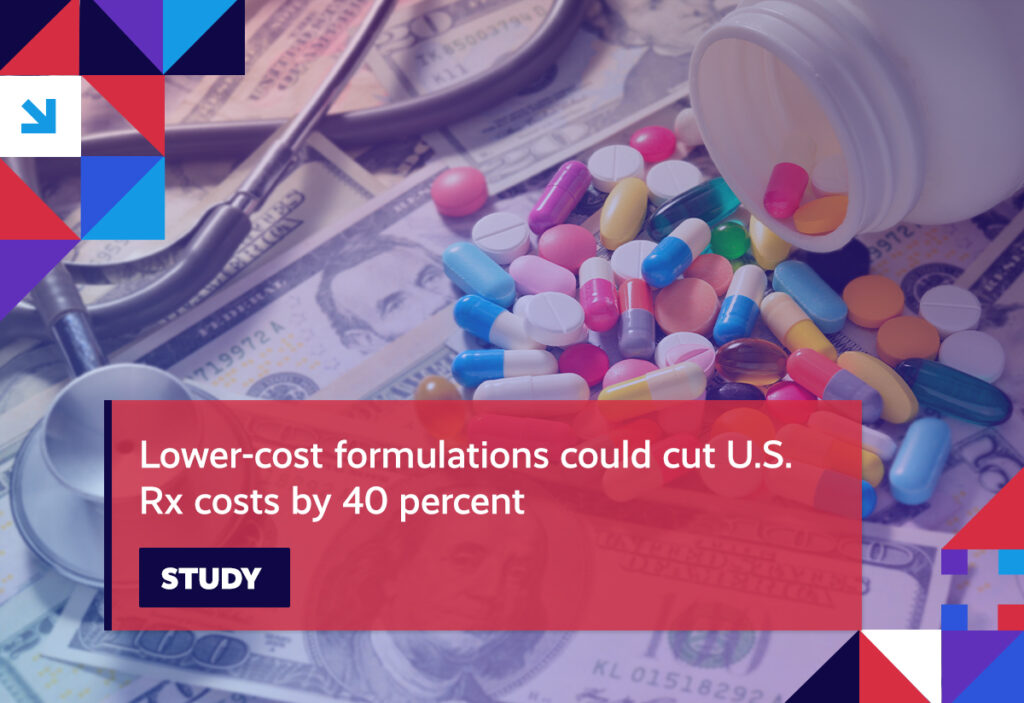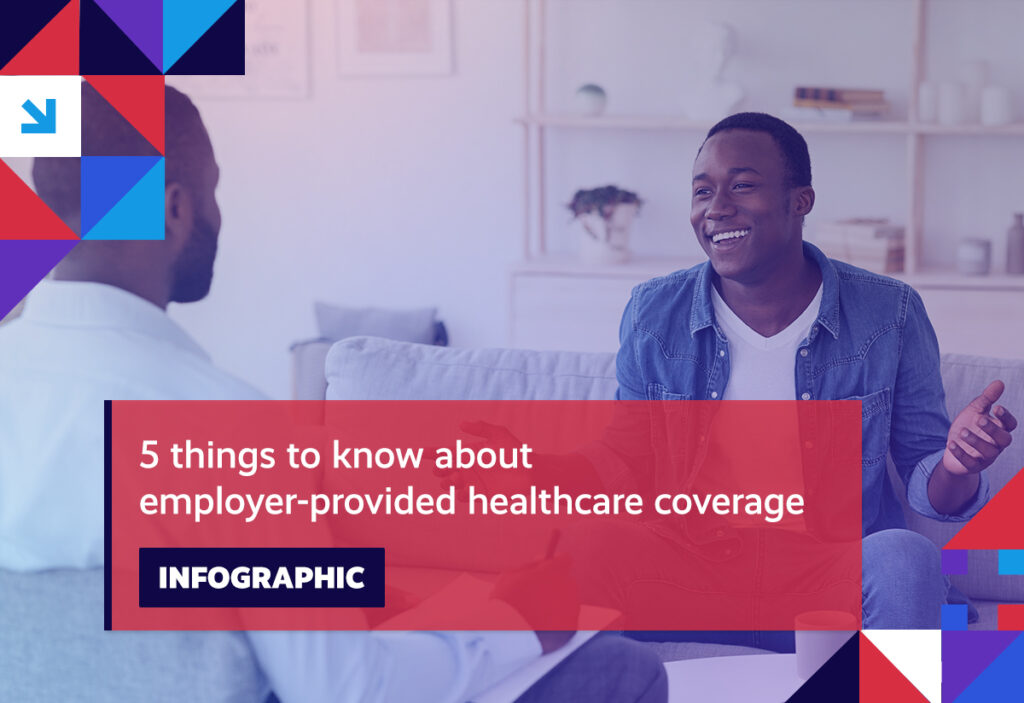Dozens of stakeholders urge regulators to move forward with critical consumer protections from surprise medical bills; drugmakers exploit M&A to inflate prices; a recent report found that a quarter of Medicare patients were harmed during their hospital visits; and, private equity interests set their sights on their next lucrative target.
We encourage you to stay involved as implementation efforts surrounding healthcare reform progress. Visit the Health Action Network and be sure to let us know what’s on your mind.
Item of the Week

Week in Review
Surprise Medical Billing: As recently highlighted, patients have been protected from receiving millions of unexpected surprise medical bills already this year, with tens of millions more also expected to be prevented by the end of 2022. These critical consumer protections, advanced by the No Surprises Act, which went into effect in January, now await a final rule that will determine how billing disputes are to be decided going forward. On one side of the policy debate stands a unified front, including patient groups, labor unions, employers, economists, and health plans, who recently urged decision-makers to ensure that final regulations governing full implementation of the No Surprises Act move forward as currently constructed in order to protect patients from surprise medical bills while also lowering healthcare costs. On the other side stand hospitals, who have filed more than half a dozen lawsuits challenging the rules, as they seek to protect their ability to charge patients out-of-network rates for emergency services without those rates being tied to any benchmarks, such as the going market rate for similar services.
Rx M&A: While a lot of the focus on rising prescription drug prices has sought to determine who’s to blame, little attention has been paid to how the pharmaceutical industry has exploited mergers and acquisitions (M&A) as a means of extending monopolies in order to keep those prices high while boosting their profits. However, a growing body of research has established that drugmakers have been successfully gaming the system to undermine competition through M&A and by deploying an increasingly wide array of anti-competitive tactics. In fact, according to one report, last year, pharmaceutical companies engaged in 90 M&A deals totaling $108 billion. And, in 2020, those deals amounted to nearly $130 billion. Further analysis shows that several of these blockbuster M&A deals involved companies with histories of price-gouging and undermining more affordable alternatives joining forces.

Medicare Patients: According to a recent report, a quarter of Medicare patients were harmed during recent acute-care hospital visits. Further, 43 percent of that patient harm was preventable. That analysis, conducted by the Department of Health & Human Services (HHS) Office of Inspector General (OIG), estimates that the additional treatments required to address those worsened health outcomes drove hundreds of millions of dollars in additional Medicare costs and, potentially, patient costs, too. As it relates to the events deemed preventable, those cases most often were attributed to “substandard or inadequate care” provided to patients. OIG stated that, if those preventable events were excluded, the overall harm rate would have been nearly cut in half.
Private Equity Targets: As private equity interests work to rapidly commoditize our healthcare delivery model, it would appear that gastroenterologists have found themselves to be the next irresistible target on investors’ wishlist. In fact, just last year, the number of private equity acquisitions of gastroenterology practices grew by 28 percent over the previous year. As of last fall, nearly one-in-ten of the nation’s 144,000 gastroenterologists were affiliated with private equity-backed organizations. There’s growing concern over what this means for patients, in light of private equity’s operating model, which has typically been to purchase a stake in a healthcare practice before adjusting its operations to make it more profitable by making the kinds of changes that focus solely on saving money – often at the expense of patient care.
Spotlight

| You can keep up with the latest by following the Health Action Network on Twitter and by liking us on Facebook. And, be sure to check us out on LinkedIn, too. As always, let us know if there’s something you’d like to see covered in a future newsletter. |
